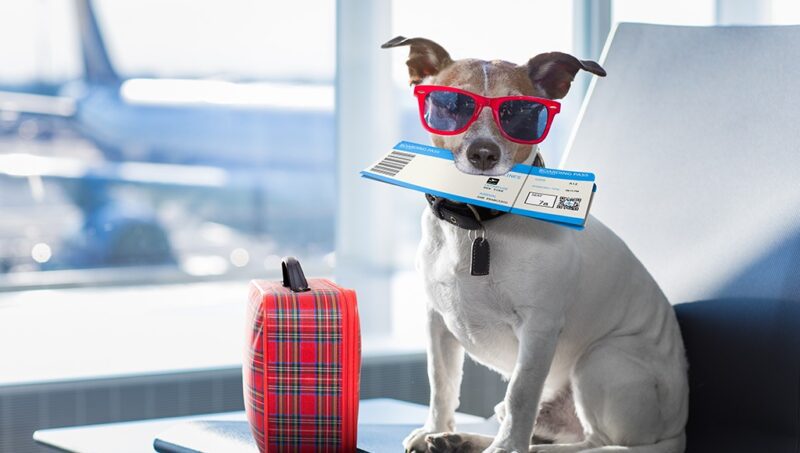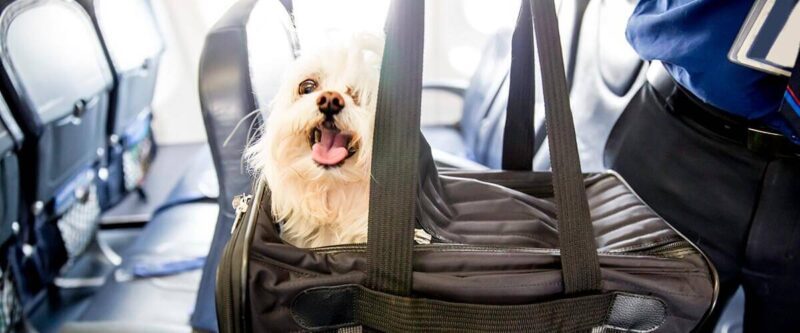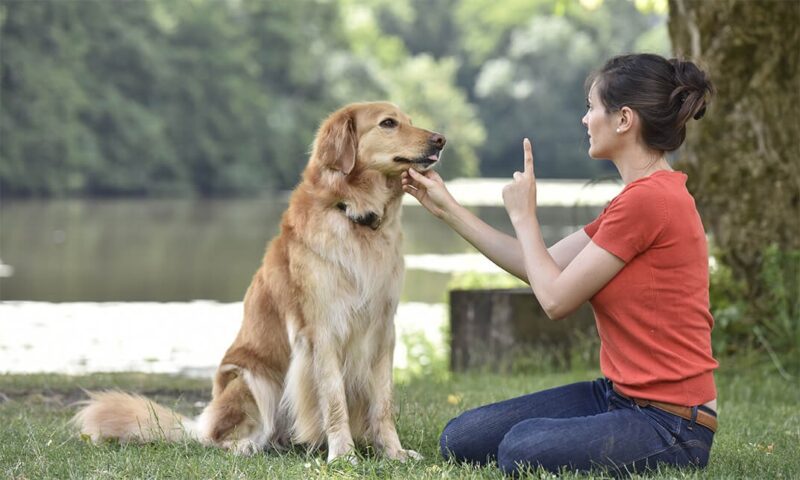
Share Post:
Have you ever wondered if your furry companion is ready to hit the road with you? Here’s an eye-opener: almost 75% of pet owners overlook vital pre-travel checks, putting their beloved friends at risk. Don’t let that happen to you.
Table of Contents
ToggleKey Points:
- Start with a basic wellness check.
- Ensure vaccinations and records are current.
- Pack essentials like food, water, and medication.
- Look into travel safety gear.
- Know your destination’s pet policies.
Start With a Basic Wellness Check

The first step to ensuring a smooth trip is evaluating your furry friend’s overall condition. This involves checking their weight, energy levels, and appetite.
For a deeper dive into what they may need, consider using platforms like Everfur.
By analyzing over 200 unique molecules in their fur, Everfur provides personalized insights, helping you stay one step ahead of your companion’s needs.
They even offer revolutionary joint chews to keep them active and pain-free, so long road trips become a breeze.
Taking this initial step not only sets the tone for the journey but ensures that any hidden issues are addressed before they can escalate.
Vaccinations and Medical Records Must Be Updated
You wouldn’t head off on a trip without your ID or passport, right? The same logic applies to your animal companion. Vaccinations are not just about compliance—they are crucial for safeguarding them against diseases in unfamiliar environments.
Bring along their medical records. Digital backups are great, but always keep a printed version as well. Emergencies can arise when you least expect them, and having those records can save valuable time.
What to include in your travel documents:
- Vaccination certificates.
- Proof of recent health checks.
- Emergency contact info for a vet near your destination.
FUN FACT: Did you know that some destinations require a specific health certificate issued within 10 days of travel? Always check ahead to avoid surprises.
Check for Any Signs of Illness or Discomfort

Nobody wants a road trip ruined by a sick companion. Before you leave, observe their behavior for any signs of illness. Changes in energy levels, appetite, or bathroom habits may signal an issue.
If you spot anything unusual, don’t take risks. Consult your vet immediately to rule out any underlying conditions.
Common signs to watch for:
- Sudden loss of appetite.
- Unusual fatigue or lethargy.
- Changes in bathroom habits.
- Excessive scratching or skin irritation.
By addressing these issues early, you can save yourself and your companion unnecessary stress later.
Plan for Comfort and Safety During Travel
Comfort and safety go hand in hand when preparing for a trip. Start by investing in a quality travel carrier or harness. This not only keeps them secure but helps reduce anxiety.
Long trips can be tedious, so don’t forget to pack essentials like food, water, and comfort items. A familiar toy or blanket can work wonders in making them feel at ease.
Travel gear essentials:
- A travel-safe water bottle and collapsible bowl.
- A harness or travel crate for safety.
- Calming sprays or treats to ease anxiety.
Keep them hydrated and allow for regular bathroom breaks if you’re driving. Flying? Research airline regulations in advance to avoid hiccups.
Research Pet-Friendly Policies at Your Destination

Your travel plans could fall apart if you arrive at a hotel or park only to find they don’t allow pets. Always confirm in advance and ask specific questions about their rules and amenities.
Questions to ask ahead of time:
- Are pets allowed in all areas, or are there restrictions?
- Is there a designated outdoor space for exercise?
- Are there additional fees or deposits?
FUN FACT: Some luxury hotels offer pet spa services, gourmet meals, and even “Pawdicures” to pamper your companion.
Pack a First Aid Kit for Unexpected Situations
Unexpected situations can arise, no matter how prepared you are. A well-stocked first aid kit is your best line of defense for minor emergencies. Include items for cuts, allergies, or sudden discomfort.
Must-haves in your first aid kit:
- Tweezers for ticks.
- Bandages and gauze.
- Antihistamines for allergic reactions.
- A digital thermometer.
- Antiseptic wipes.
Being ready for minor issues can prevent small problems from turning into big ones.
Monitor Joint and Mobility Issues Before the Trip

Mobility is a key factor in determining if they are fit for travel. For older companions or those with joint pain, a pre-trip checkup is essential. Ask your vet about joint supplements or therapies that might help.
Steps to address joint concerns:
- Schedule a mobility checkup.
- Discuss joint supplements with your vet.
- Avoid strenuous activity before the trip.
Feed and Hydrate Strategically Before and During Travel
What and when you feed them before a trip can significantly impact their comfort. Avoid large meals just before departure to prevent nausea. Instead, offer a light meal a few hours ahead.
Tips for managing meals on the road:
- Stick to familiar food to avoid digestive upset.
- Offer water every two hours.
- Keep snacks healthy and minimal.
Hydration is critical, but don’t overdo it right before a long drive to minimize frequent stops.
Prepare for Emergencies With Local Vet Contacts

Before leaving, spend some time researching veterinary clinics near your destination. Emergencies are unpredictable, and having this information can save precious time.
How to find reliable options:
- Search online for highly-rated clinics.
- Ask your current vet for recommendations.
- Save emergency hotline numbers..
Include Familiar Items for Comfort and Security
Traveling to unfamiliar places can be overwhelming. Familiar items like their bed, favorite toy, or a blanket with your scent can help ease their anxiety.
Comfort items to pack:
- A blanket with a familiar scent.
- Their favorite chew toy.
- A calming shirt or vest.
This simple step can make all the difference in creating a sense of stability during the trip.
Test Short Trips Before Longer Journeys
If your companion hasn’t traveled much, start with short trips to see how they handle being away from home. This will give you insights into their comfort level and help them adjust to the idea of traveling.
Benefits of practice trips:
- Helps reduce anxiety for longer journeys.
- Identifies any potential issues early.
- Familiarizes them with carriers or harnesses.
Short outings also give you a chance to test their response to travel gear and routines.
Address Behavioral Concerns Before Leaving

Behavioral issues like excessive barking or chewing can become more pronounced during trips. Address these problems well in advance by consulting a trainer or using calming techniques.
Steps to manage behavior:
- Identify triggers (e.g., loud noises, strangers).
- Use training or positive reinforcement to correct habits.
- Consider natural calming aids if needed.
FUN FACT: Chewing on a favorite toy can redirect nervous energy and keep them focused during travel.
Final Thoughts
Taking time to evaluate your companion’s readiness ensures a safer, happier trip. By covering the basics and paying attention to small details, you’ll both enjoy the adventure ahead. Don’t forget to consult professionals for added support. Wherever your journey leads, may it be full of wagging tails and happy memories.






